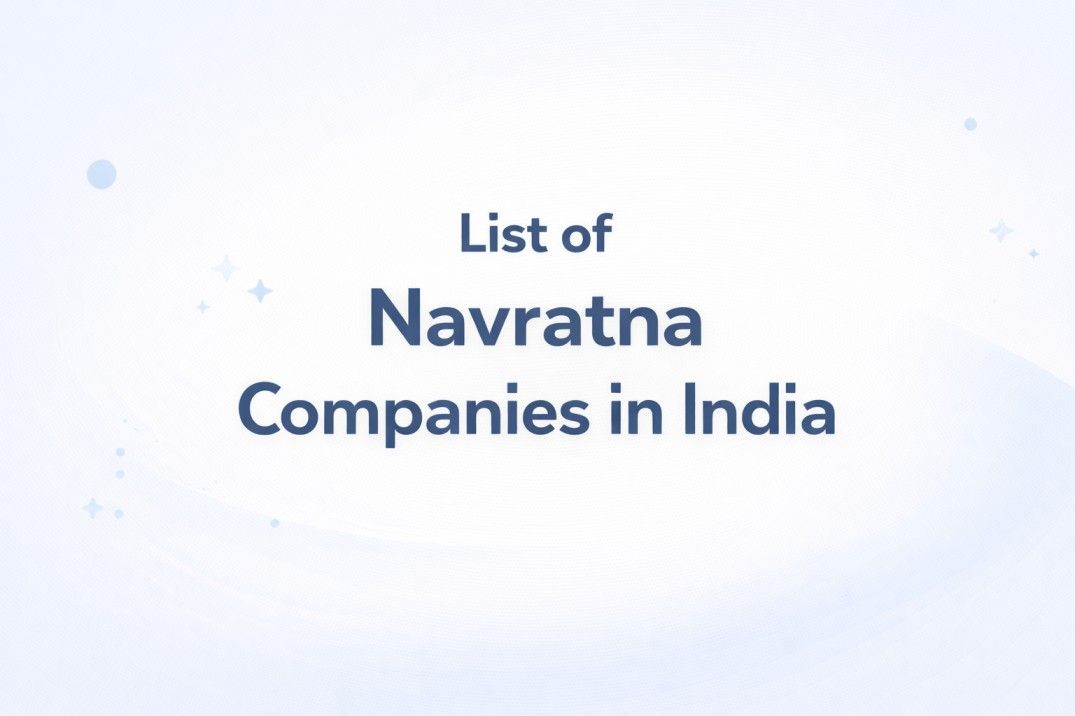Interested in a Good Read Check Our Latest Blog

List of Navratna Companies in India
Published at: March 5, 2026 at 11:39 AM
Explore the Navratna companies in India, check the complete Navratna company list, and learn how man... Read More


Explore the Navratna companies in India, check the complete Navratna company list, and learn how man... Read More
